There are many things that appear in K-Dramas that international viewers question. “Does that really happen?” you may wonder. We’re here to help you figure out what is fact vs. fiction.
ENGAGEMENT RINGS:
Bigger isn’t always better in K-Dramas. Unlike Western shows where rich men shower their brides-to-be with huge engagement rings, Korean men — even chaebols (large family-owned business conglomerates) — propose with more modest diamonds.
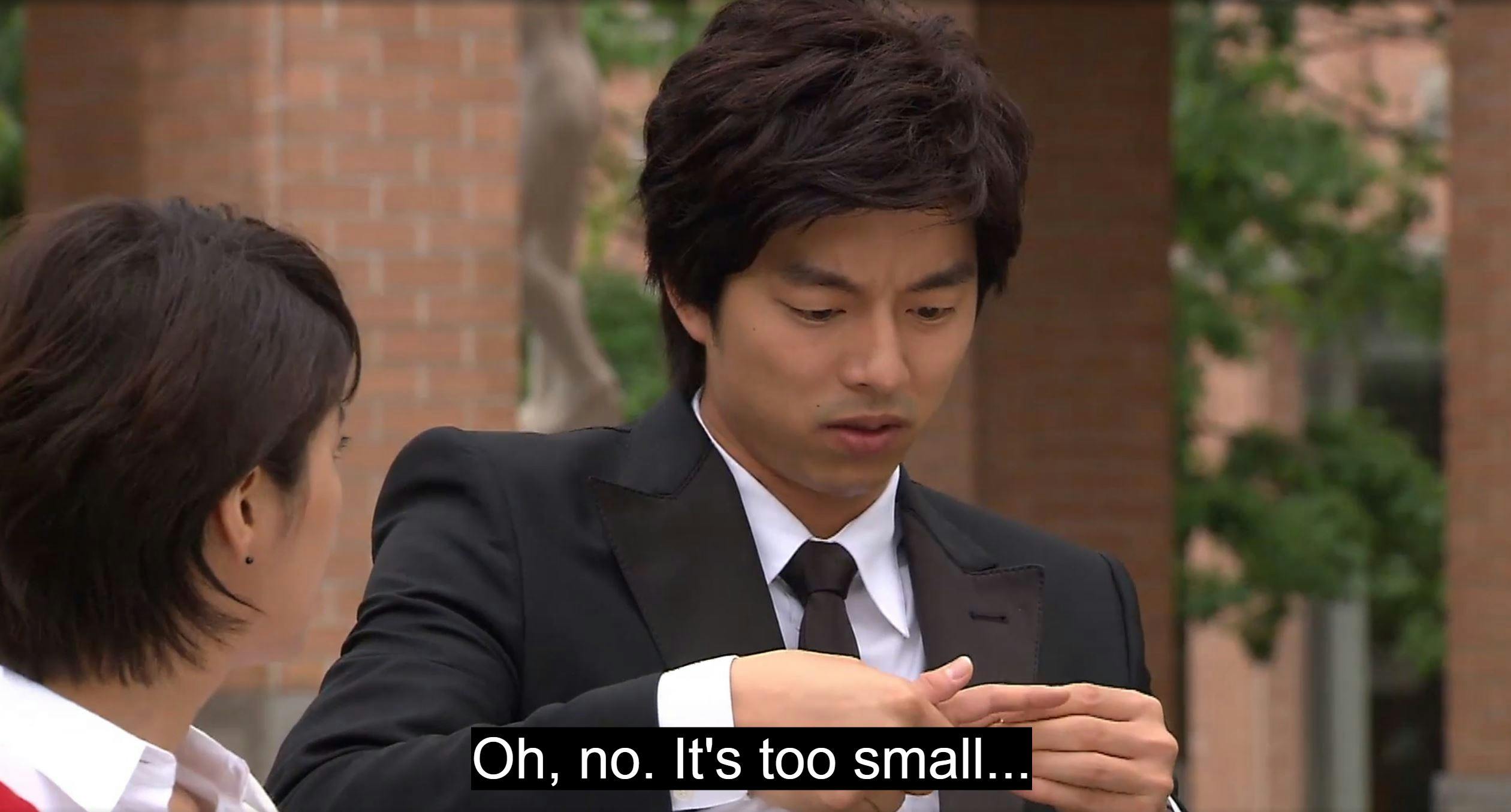
In the “Coffee Prince,” Han-Kyul (Gong Yoo) notes that the ring he bought for Eun-Chan (Yoon Eun-Hye) is too small. He’s talking about the diameter, not the rock.
As you can see in the photo below, the ring is understated and elegant…but there is no huge stone atop the band.
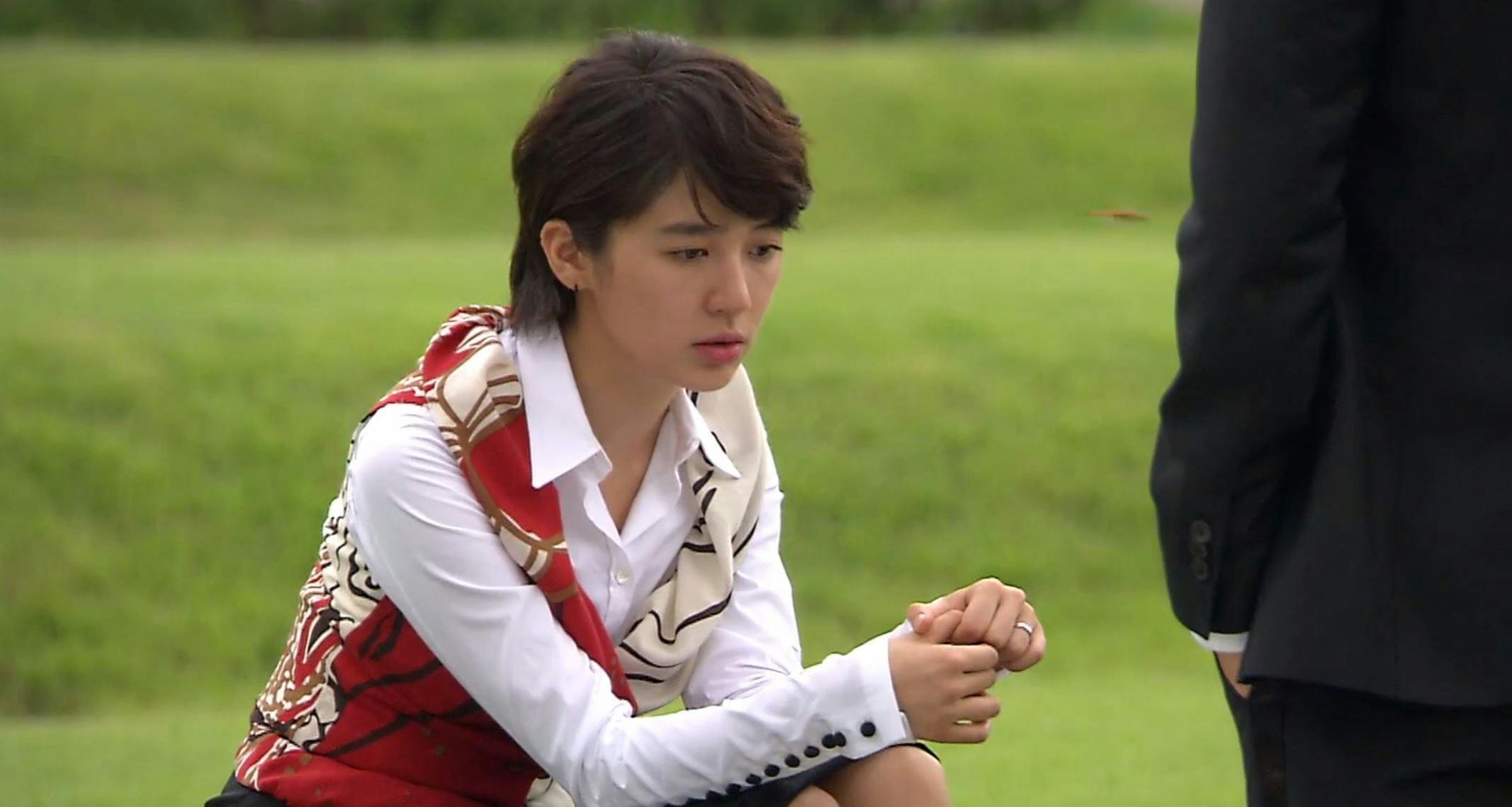
Do all Koreans wear modest engagement rings? No, of course not. But the showy sign of extravagance isn’t that big of a deal, either.
INSTANT COFFEE:
South Korea’s coffee culture is nothing to sneeze at. Koreans love their cafes and designer coffees. But … with all that said, Koreans are also big on instant coffee. I know. In the U.S., instant coffee is kind of looked down upon as tasteless. But those little instant coffee sticks that are pre-sweetened and include powdered cream are handy staples to keep in the pantry. In “The Last Empress,” Shin Sung-Rok makes a doubleshot of instant coffee for Jang Na-Ra.
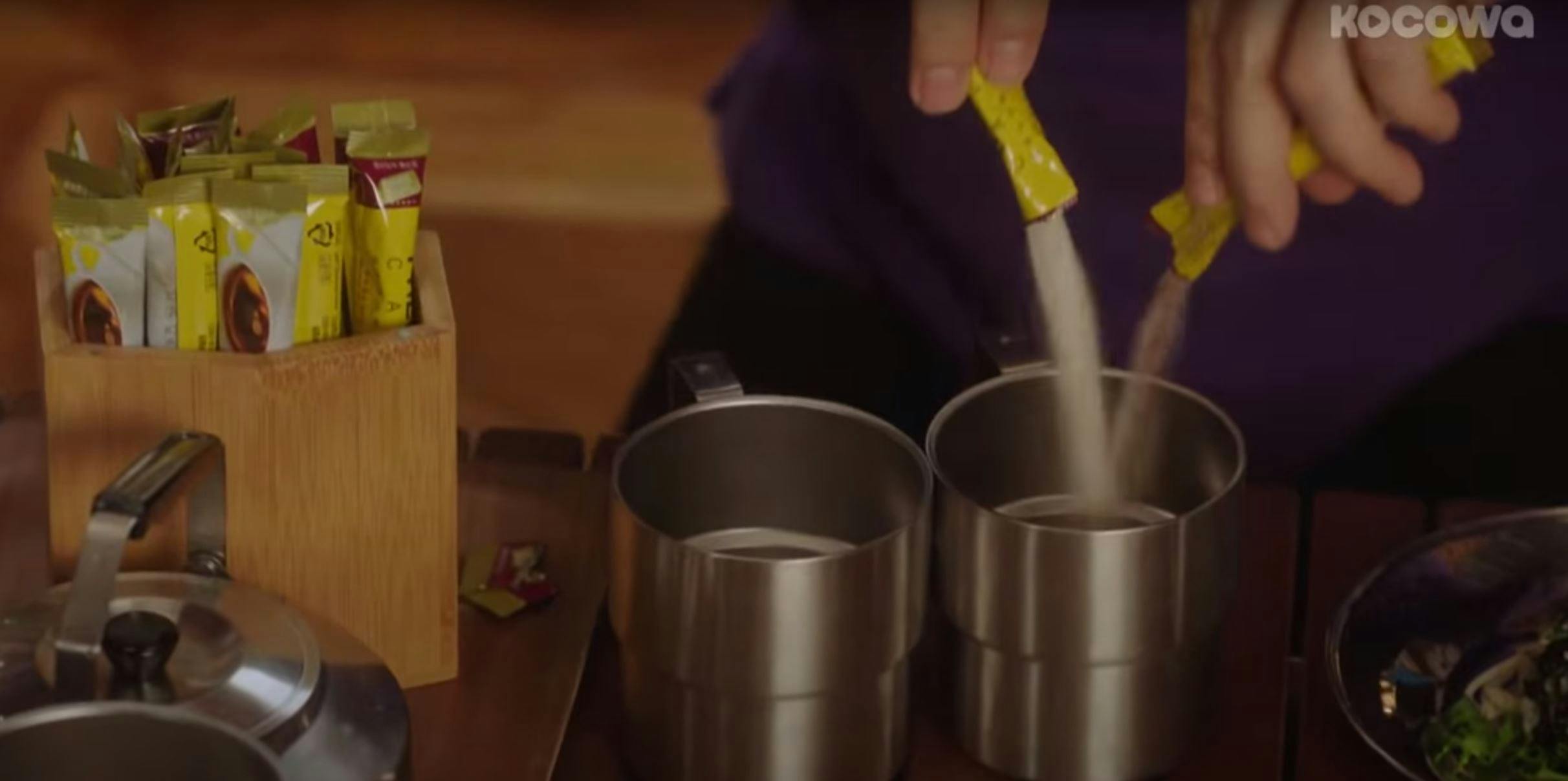
In K-Dramas like “Misaeng,” some of the employees created extra work for their interns by requesting black coffee … which meant the interns had to separate out the cream and sugar in the coffee packets. Yikes!
OPPA AND NOONA:
One thing K-Drama fans have noticed is the common use of oppa and noona in Korean dramas. Fans new to the Korean language sometimes get confused, because a character will say oppa or noona, but the subtitle will read as the character’s name. Oppa literally means older brother, from the perspective of a younger female. Noona means older sister, but from the perspective of a younger male. Since Koreans tend not to address their elders by their first names, they will call each other oppa or noona — assuming they have a friendly, close relationship. For workplace environments, honorifics or respectful titles will most likely be used.
So why is Ji Sung — clearly a man — referring to anyone as oppa in “Kill Me Heal Me?”
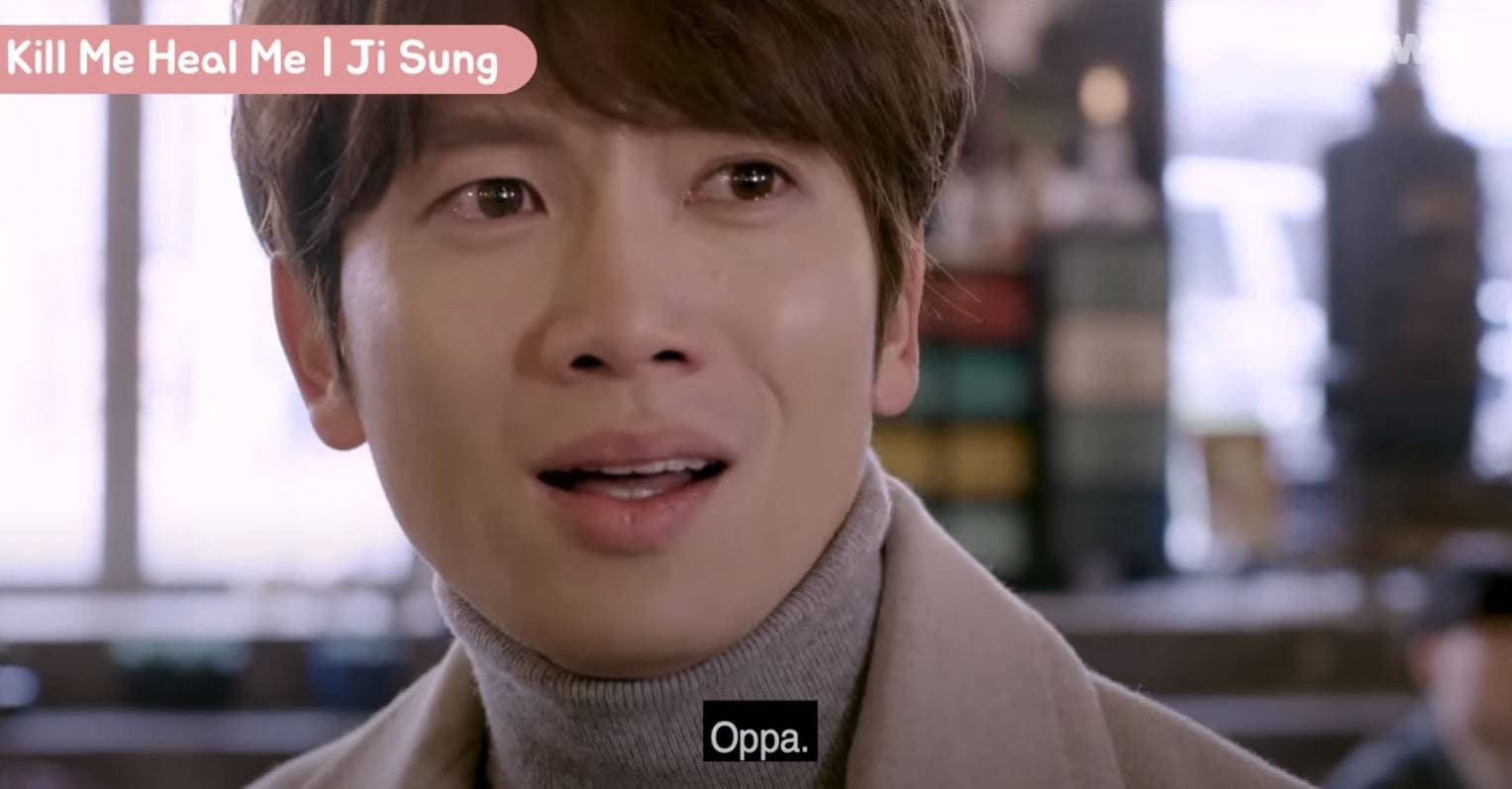
Minor spoiler alert: In the series, Ji Sung‘s character has multiple personalities. And one of them is a teenage girl who loves handsome boys. The object of her affection in this scene was played by none other than Park Seo-Jun. Now it’s starting to make sense, right?
EATING TOFU AFTER LEAVING PRISON:
Whenever a character leaves a Korean prison, a loved one will be outside waiting for them with a bag of tofu. You saw this in the period drama “The Flower in Prison” and again in “Doctors.”
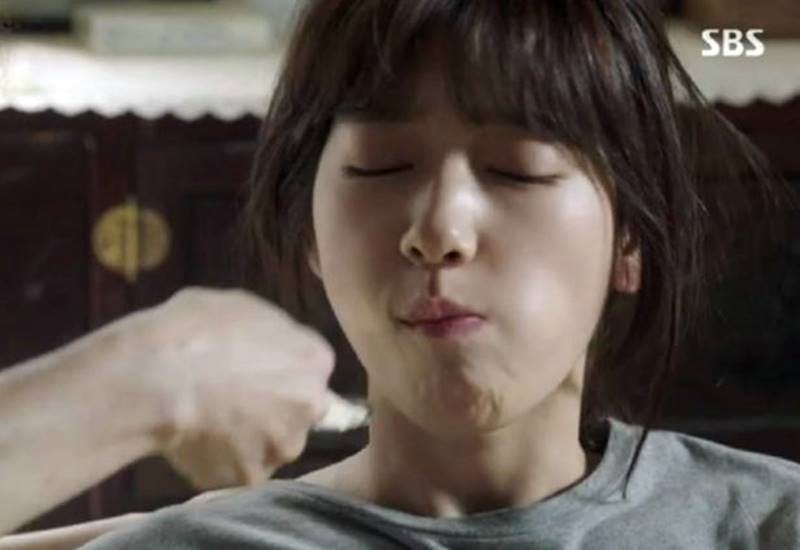
You may be wondering if this is for real? It is. How this became a custom is debatable, but it’s likely a combo of two things: tofu is a beautiful shade of white, which represents purity. Therefore, eating tofu symbolizes that the former prisoner will lead a clean and pure life. But Koreans are also very practical. Just as birthdays (and pregnancies) are celebrated with the nutritious miyeokguk (seaweed soup with beef), tofu is affordable and high in protein. Though raw tofu may not be the tastiest offering, the giver is offering strength to someone who may have not eaten the best while in prison.
HOW DO KOREANS EAT SO MUCH AND STAY SO THIN?:
They don’t. Though obesity isn’t as big of an issue as in the U.S., the average Korean isn’t eating everything in sight, not exercising and staying teeny-tiny thin. It’s true that Lee Sung-Kyung gained some weight to play the lead role in “Weightlifting Fairy, Kim Bok-Joo.” But she did so under the guidance of experts, who then helped her lose the weight again once filming was over.
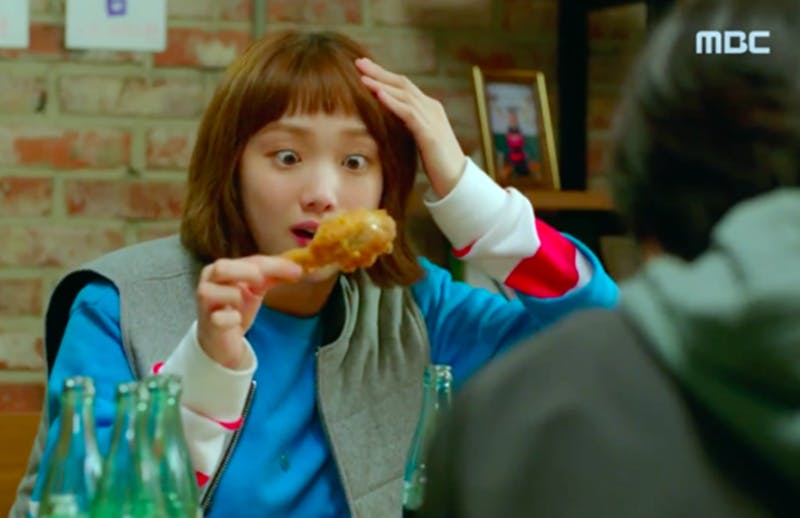
Rates of obesity in South Korea are among the lowest in the OECD (Organization for Economic Co-operation and Development). However, childhood obesity is relatively high, especially among boys. So while Korean actors and actresses appear to be stuffing their faces with all the delicious meals featured on their shows, in real life, they’re dieting and working out to remain fit.
Got any questions to share with your fellow readers? Or would you like to share some input about things you’ve seen in K-Dramas? Sound off in the comments below!
[maxbutton id=”269″ ] [maxbutton id=”270″ ]

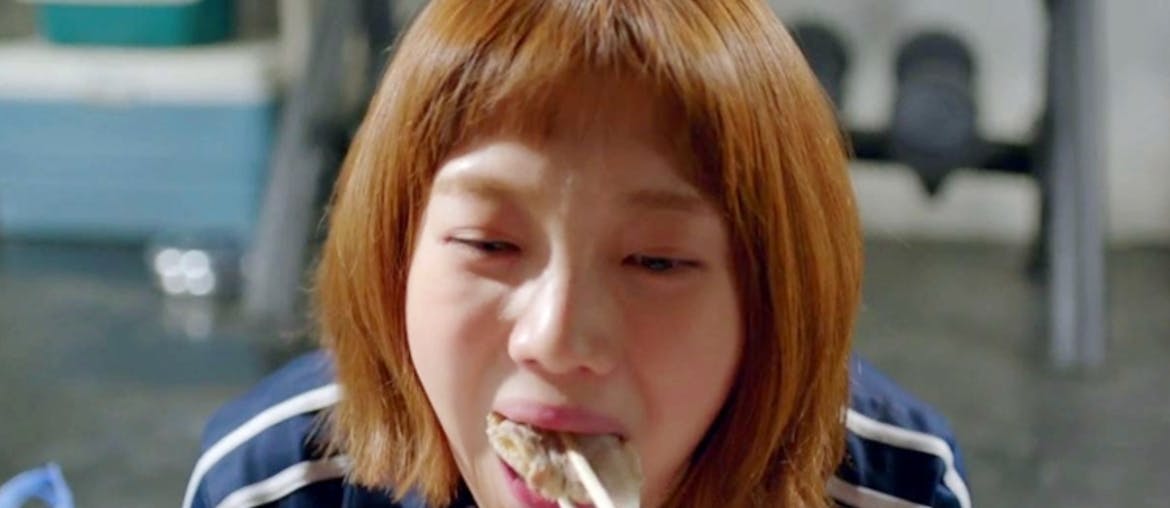






15 Comments
It is considered common in korea
One thing makes me really curious, is it really common there to make a sudden u-turn or drive really fast between cars? I see that very often in dramas, and it drives me crazy!
ahahahah I see that a lot in the scenes too! It’s quite common in Korea
Is it true that they need slurp everytime they eat?
LOL Korean people tend to slurp when they eat. It indicates that the food is tasty. It is considered very rude in the US but here is considered that you are really enjoying the food.
It is considered common in korea
With all the past and present military problems and regular life, why are disabled persons so rarely portrayed?
Hm, good question.. never really thought about that… :/
BTS, Thank you this article really did answer some of the questions I’ve had when watching.
Q: Do Koreans deliberately buy their shoes slightly larger than their shoe size in order to remove them more easily, when entering a house?
I think this depends on the person but usually people buy the shoes a half size bigger but not so they can take it off easily but more for comfort.
i’ve heard somewhere that cold water is not good for your throat and vocal chords
I’ve heard that too!!
Why do they drink hot water?
Drinking hot water is to calm people down. Or when they are sick. 😛